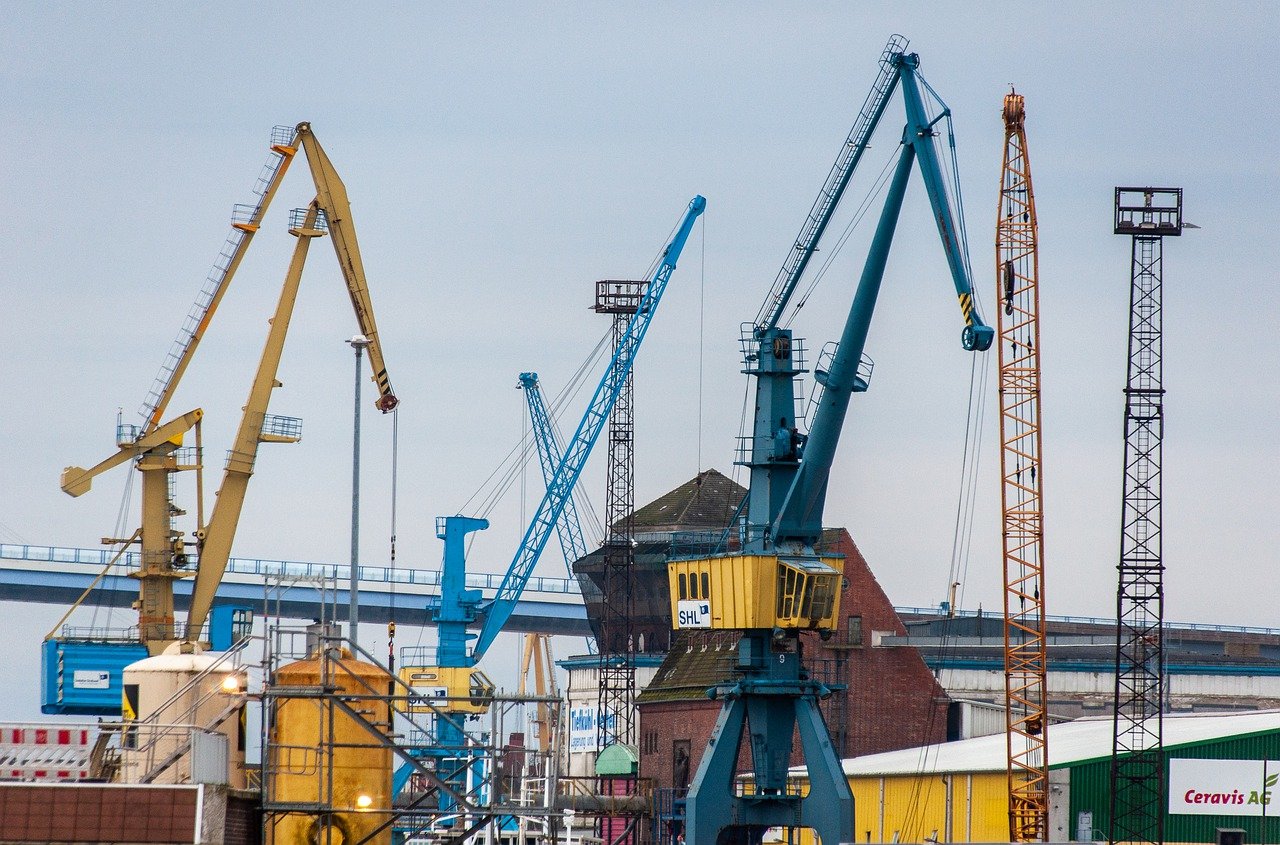The cost of gas is a constant concern for many people, especially those who rely on vehicles for daily transportation. Gas prices are constantly fluctuating, causing frustration and confusion for consumers. So, what exactly determines the cost of gas? The answer is not a simple one, as there are several factors at play. One of the main factors is the price of crude oil. This is because gasoline is a byproduct of crude oil, and as the price of crude oil rises or falls, so does the price of gas. Additionally, supply and demand also play a significant role. When there is high demand for gas, such as during peak travel seasons, prices often rise. On the other hand, when supply exceeds demand, prices may decrease.
Another crucial factor is the cost of refining and transportation. Refineries process crude oil into gasoline and other petroleum products, and their operating costs can significantly impact the final price of gas. Transportation costs, such as shipping and trucking, also contribute to the cost of gas. Taxes and government regulations also play a part in determining the cost of gas. Different states and countries have varying tax rates, which can impact the final price at the pump. Furthermore, changes in government regulations, such as environmental regulations, can also affect gas prices. As you can see, the cost of gas is influenced by multiple factors, making it challenging
